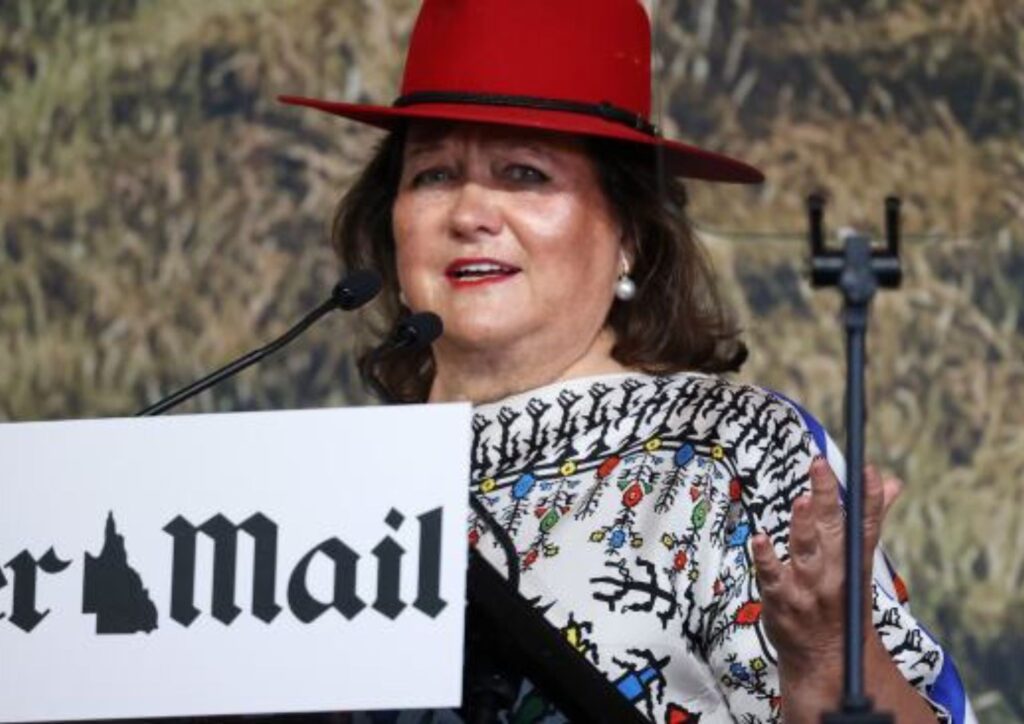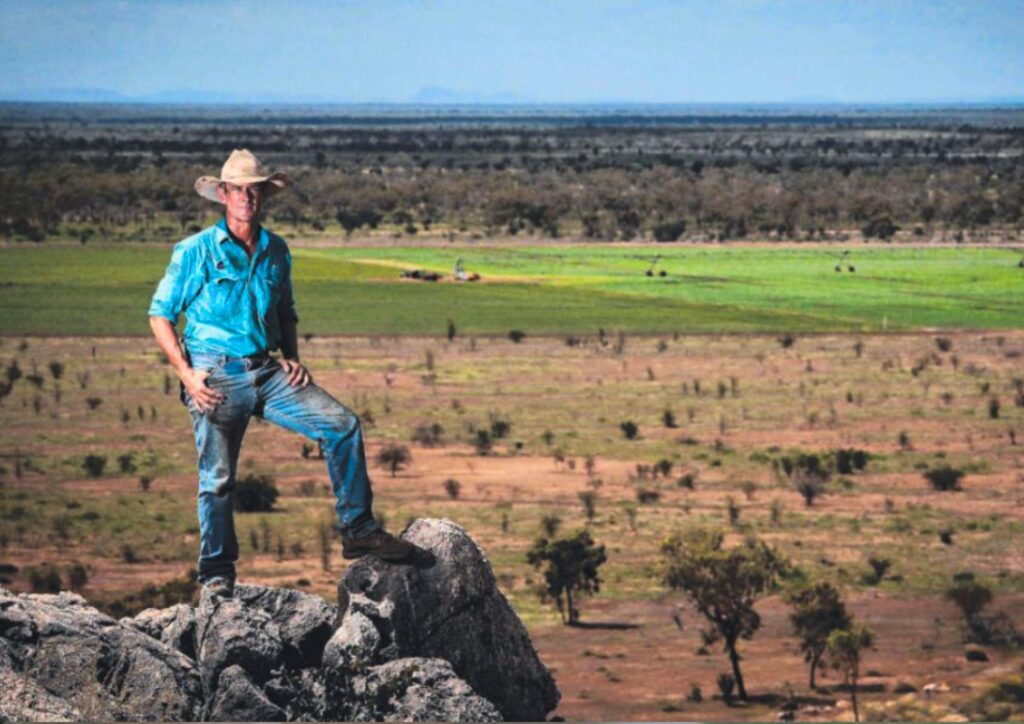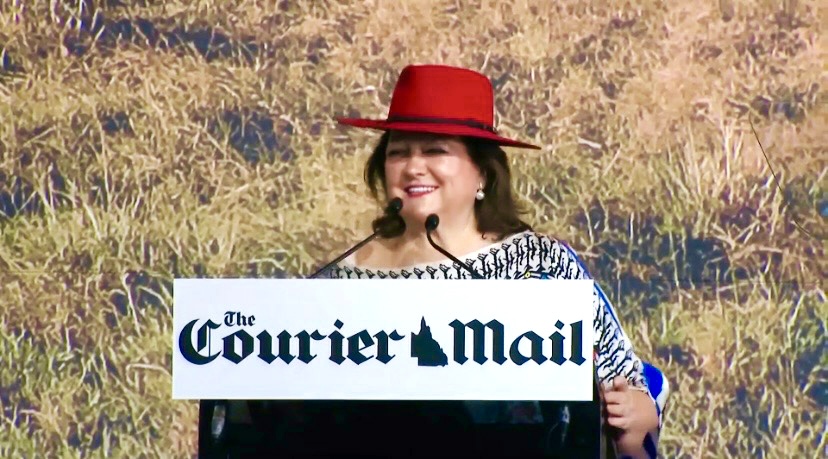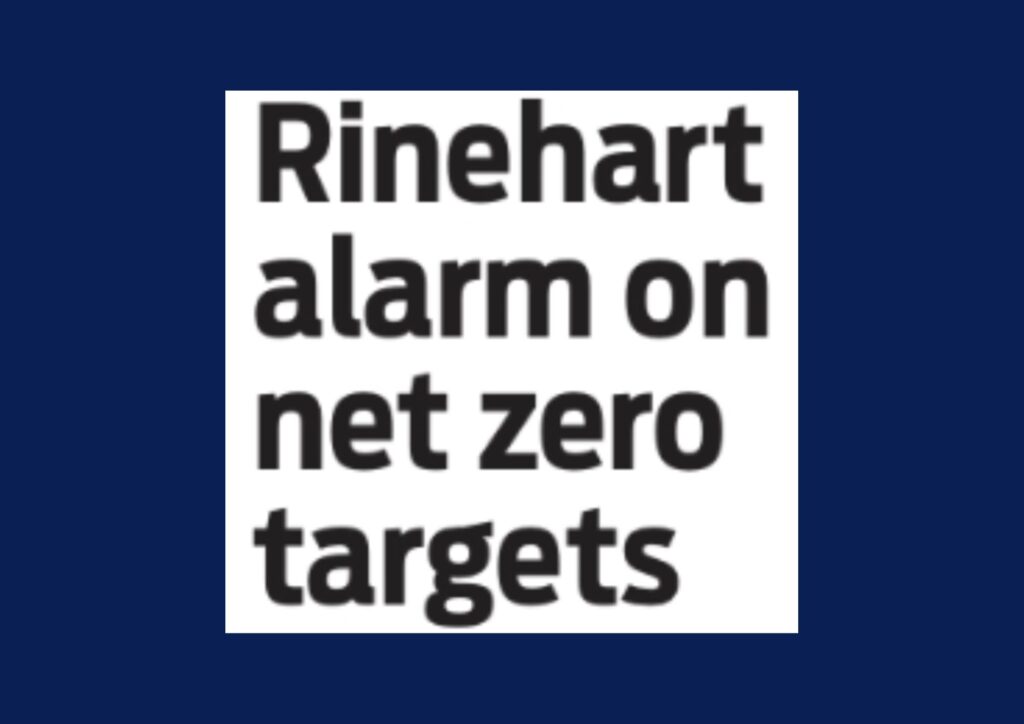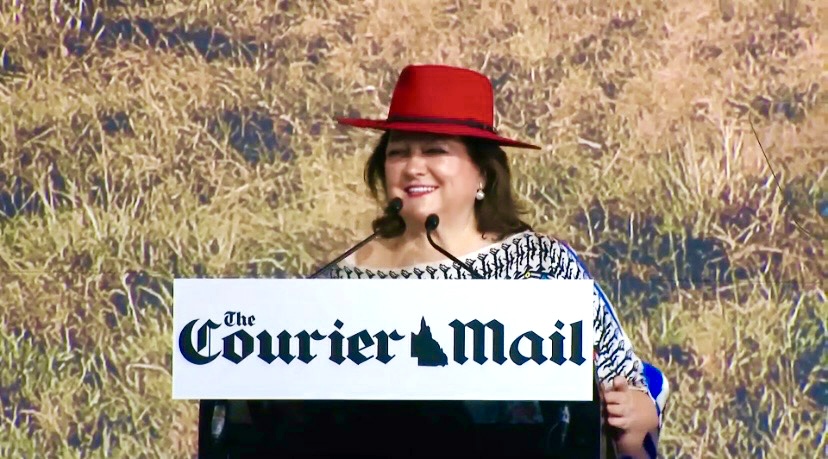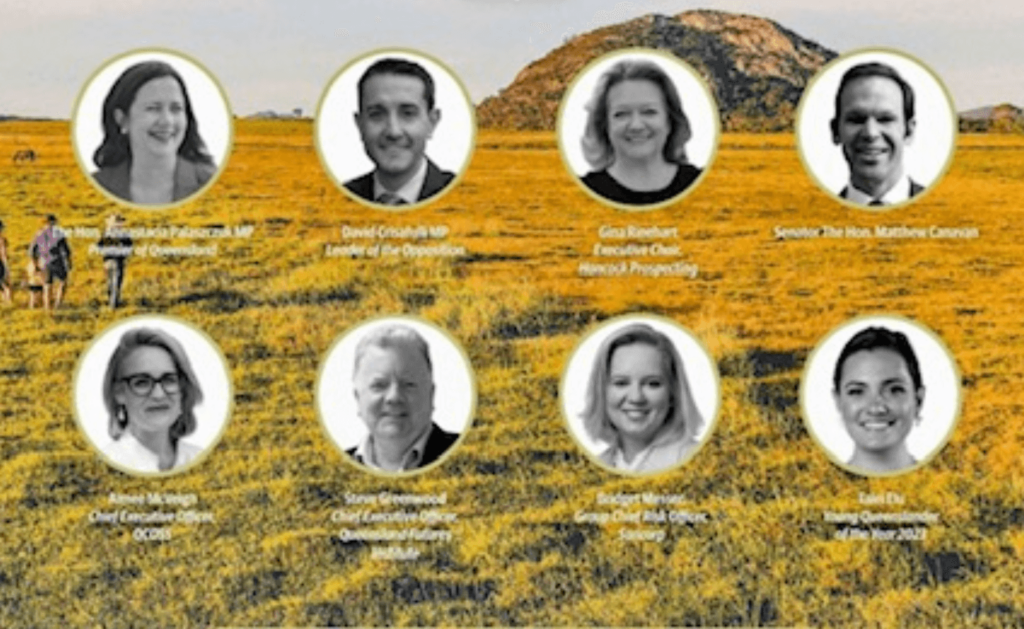
Gina Rinehart’s $3m Patron’s Medal Achievement Incentive Fund
$1.5 million dollars will be allocated annually and is in addition to the long-term direct athlete assistance payments and high-performance program support that each sport’s Patron, Mrs Gina Rinehart AO, through her business Hancock Prospecting already funds, aiding close to 150 athletes each year. Highest performing athletes can earn $20,000 for gold medals and $30,000 for world records. For swimmers who recently competed at the 2023 World Swimming Championships, this equals their prize money received from the governing body, World Aquatics, paid in Australian dollars. For para swimmers and rowers who do not receive prize money from their separate Governing bodies, the Patron’s Medal Achievement Incentive Fund is truly ground breaking.

